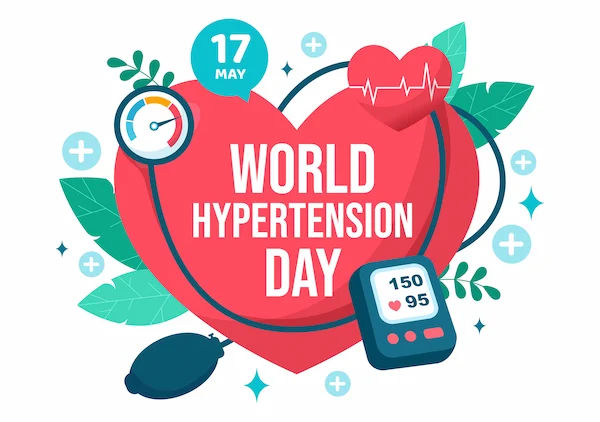- male
- 50 Years
- 22/01/2025
I'm getting palpitations after just one drink of alcohol and my ECG results show something about a QRST contour abnormality and possible inferior myocardial damage. What should I do about this?
Answered by 1 Apollo Doctors
Based on your symptoms and ECG findings, it is important to avoid alcohol consumption. You should also consider taking medications such as Metoprolol (25-50mg) to help control your palpitations and protect your heart. Additionally, you may benefit from medications like Aspirin (75-150mg) to reduce the risk of further myocardial damage. It is important to follow up with your healthcare provider for further evaluation and management.
Dr. Mubarak Suggests...
Consult a Cardiologist
Answered 25/07/2025
0
0

More Cardiology Health Queries
View allI'm really concerned about my cholesterol level being at 300. Do you think I can manage it through exercise and controlling my diet, or is it likely that I'll need to rely on medication?
High cholesterol levels can often be managed through lifestyle changes such as regular exercise and a healthy diet. However, in some cases, medication may also be necessary to effectively control cholesterol levels. I recommend starting with lifestyle modifications, including regular exercise such as brisk walking or jogging for at least 30 minutes a day, and following a diet low in saturated fats and cholesterol. If after a few months of lifestyle changes your cholesterol levels remain high, then medication such as Atorvastatin (20mg once daily) may be prescribed to help lower your cholesterol levels.
Answered by 1 Apollo Doctors
I'm experiencing at least one skipped heartbeat every day, and it feels like a sudden loud thump in my chest. It's making me really scared. Do you have any idea what might be causing this?
Get an ecg done and visit Cardiologist for evaluation and appropriate management
Answered by 1 Apollo Doctors
I'm a 33-year-old guy, and I just got all my heart check-ups done. The results for my ECG, ECHO, and TMT seemed fine, but my echo report mentioned something about trivial tricuspid regurgitation and trivial mitral regurgitation. My doctor said it's nothing to worry about, but I'm eager to start some physical activity like gym workouts and swimming to lose weight. Is it safe for me to go ahead with cardio and strength training with these heart conditions?
yes mild exercises are advised.
Answered by 1 Apollo Doctors
Disclaimer: Answers on Apollo 247 are not intended to replace your doctor advice. Always seek help of a professional doctor in case of an medical emergency or ailment.





